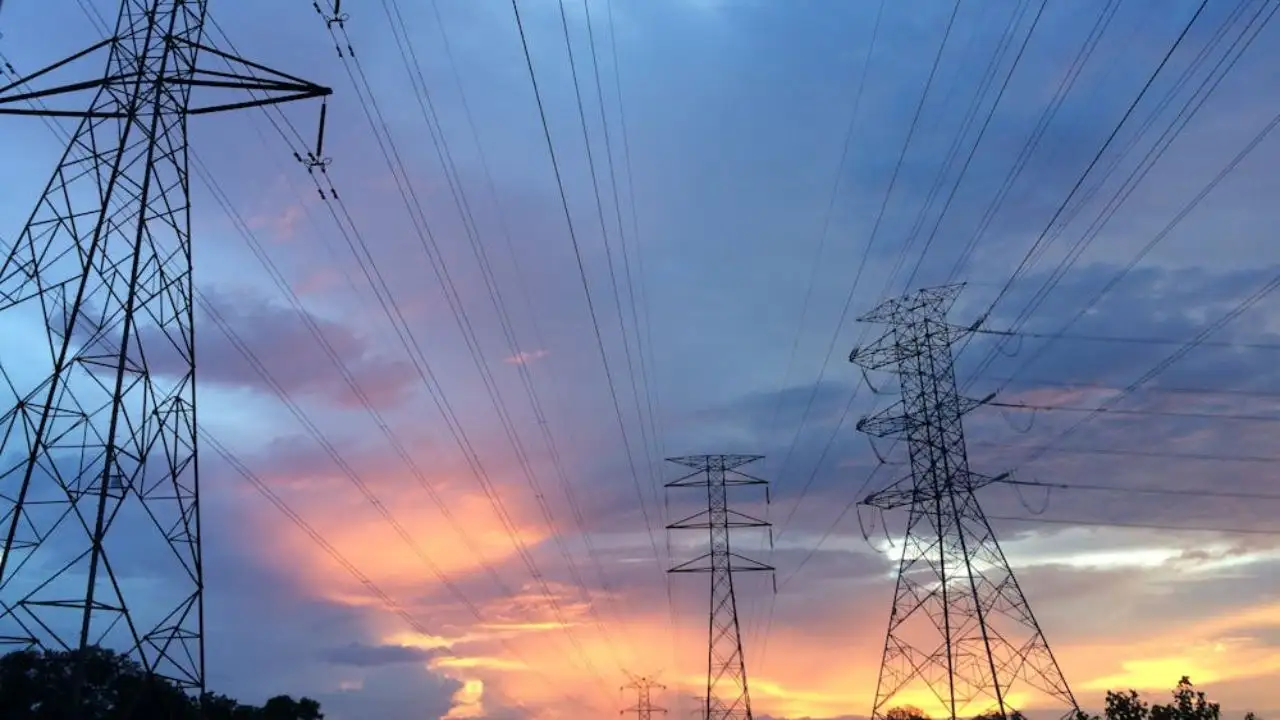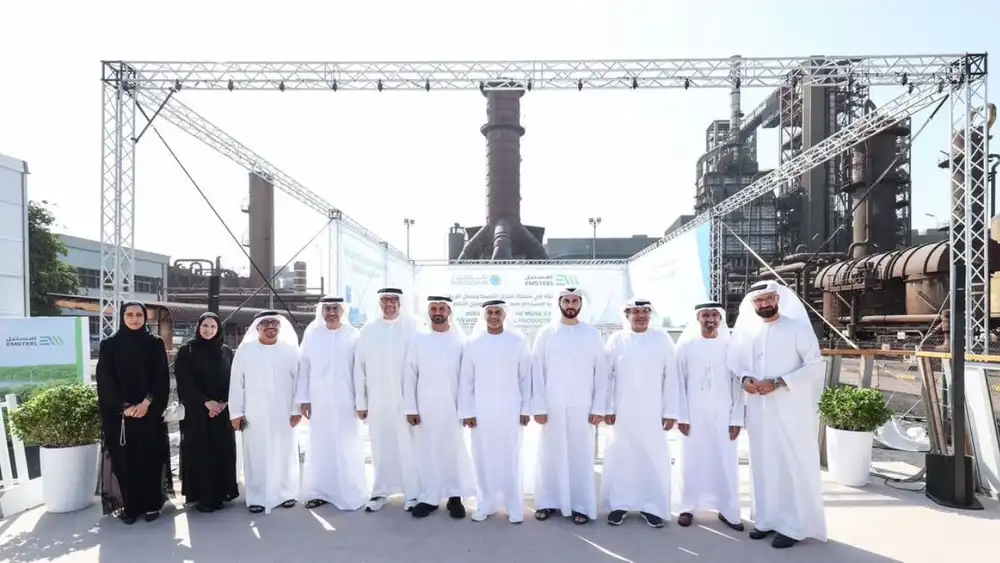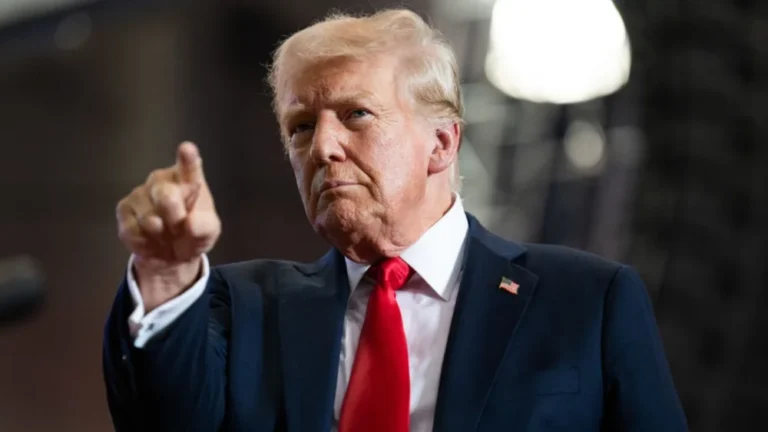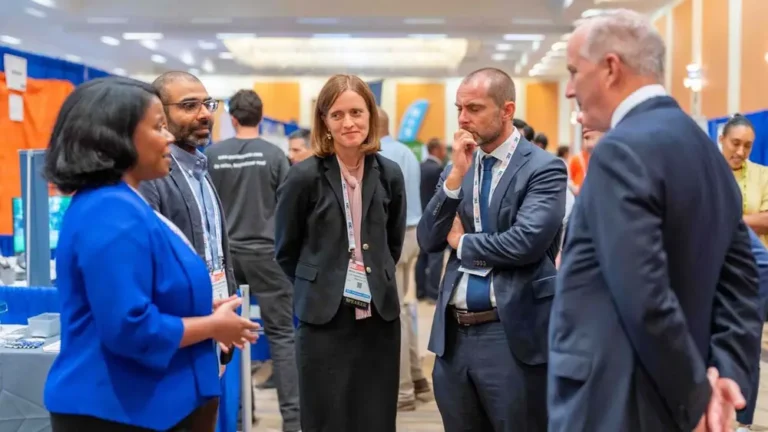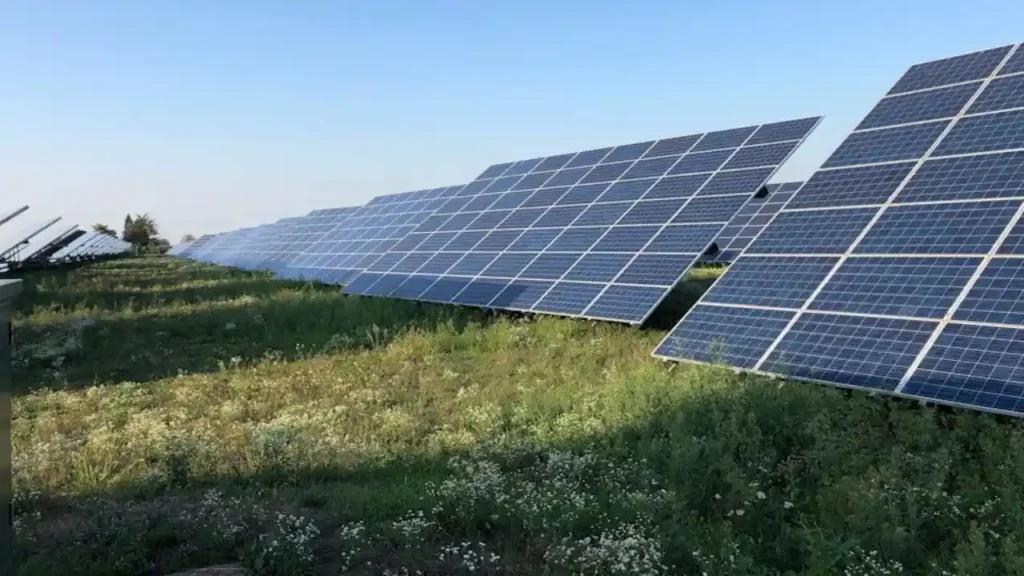
- Minneapolis suburbs use a small fraction of their franchise fees for climate action plans.
- Eagan: The utility fee helps with a small way to fund staff and projects for sustainability.
- Minneapolis: The utility fee goes to support a partnership with the utility companies.
- Franchise fees are linking clean energy with more and more initiatives
Cities in Minnesota rely on utility fees to fund clean energy and sustainability initiatives. Another community joining the list to take a share of “franchise fees” from utility companies, Eagan, will be funding climate-related endeavors. It charges back utility companies for using infrastructure in public spaces, and customers absorb that on their utility bills. The city expects about $1.5 million a year, which it will collect for its climate action plan and other sustainability projects.
Also read: 1-Hour Batteries Boost Renewable Energy Values by 81%: LBNL
Why are franchise fees coming in? Franchise fees have been collected from municipalities for decades as part of the cost of public utilities; recently, they are becoming an exciting source of funding for local climate action. That makes them a perfect fit for broke governments that need stable and predictable revenues at the local level to address urgent climate issues.
Just those revenues Minneapolis, Edina, and St. Paul are using to push their clean energy forward. In Eagan’s case, the funds will be used to employ a sustainability coordinator and implement initiatives that address their climate action plan.
In 2021, the National Renewable Energy Laboratory reported that more than 3,600 U.S. municipalities collect franchise fees, and 13% of them use a share of these funds for clean energy-based initiatives. Most such initiatives involve energy efficiency initiatives, electrification of municipal buildings, and solar panel installation projects.
What’s been astonishing is that cities have always put them into their general funds, but more and more are now ring-fencing them for sustainability programs, said Abby Finis, climate action consultant. Even so, these funds are still nowhere near what is needed to meet long-term climate goals. Cities are getting creative on stretching the dollars that come in with federal funds, in the Inflation Reduction Act, for example, or Minnesota’s ECO Act.
How are cities doubling down on franchise fee dollars? Minneapolis is a leader in how franchise fees can fund large-scale sustainability projects. Back in 2023, the city raised its fee by about $12 annually per residential customer. That extra cash has saved residential customers more than $150 million in energy dollars; it also pays for low-income housing weatherization and accelerates the city’s progress toward reaching its climate goals.
Also read: Clean Energy Companies Warn of Major Setbacks if IRA is Repealed
That’s what Patrick Hanlon, Minneapolis’s deputy coordinator of sustainability, says helped the city develop a partnership with utilities such as Xcel Energy and CenterPoint Energy. But it’s not clear if the partnership has been effective in helping the city achieve its lofty climate goals. But one point is uncontestable: They’re paying for themselves.
Like many other municipalities in neighboring cities, Hopkins and Edina, for example, use franchise fees to help pay for clean energy projects. Hopkins is investing in solar power, electric vehicle charging stations, and e-bike programs. Edina is committed to about $950,000 annually toward energy efficiency and renewable energy projects within city operations.
Using dedicated funding sources will allow the participating municipalities to move forward with such necessary projects without having to go before the council for annual appropriations or having to wait for the availability of grant funds.
St. Paul already is shifting its way to follow the same model. Mayor Melvin Carter has proposed to include franchise fees to help weatherize buildings, plant trees, and salary support of a new climate action coordinator. Climate action budgets in previous years in St. Paul have been funded from general funds and grants.
Also read: Latest News on Onshore & Offshore Wind Energy
This will give the city a consistent, reliable source of revenue for its vast climate portfolio, which officials, such as Russ Stark, chief resilience officer in St. Paul, describe as the key to long-term success.
Minnesota cities are looking to franchise fees as a financing mechanism for local clean energy projects. These dollars—which have funded the hiring of sustainability coordinators, energy efficiency improvements in public buildings, and much more—have helped cities across the country make progress on their climate objectives. However, as cities start applying this approach, the challenge will lie in stretching those dollars to meet even more aggressive targets. But through access to additional revenues, Minnesota cities steadily advance toward a future where climate is no longer a liability.

